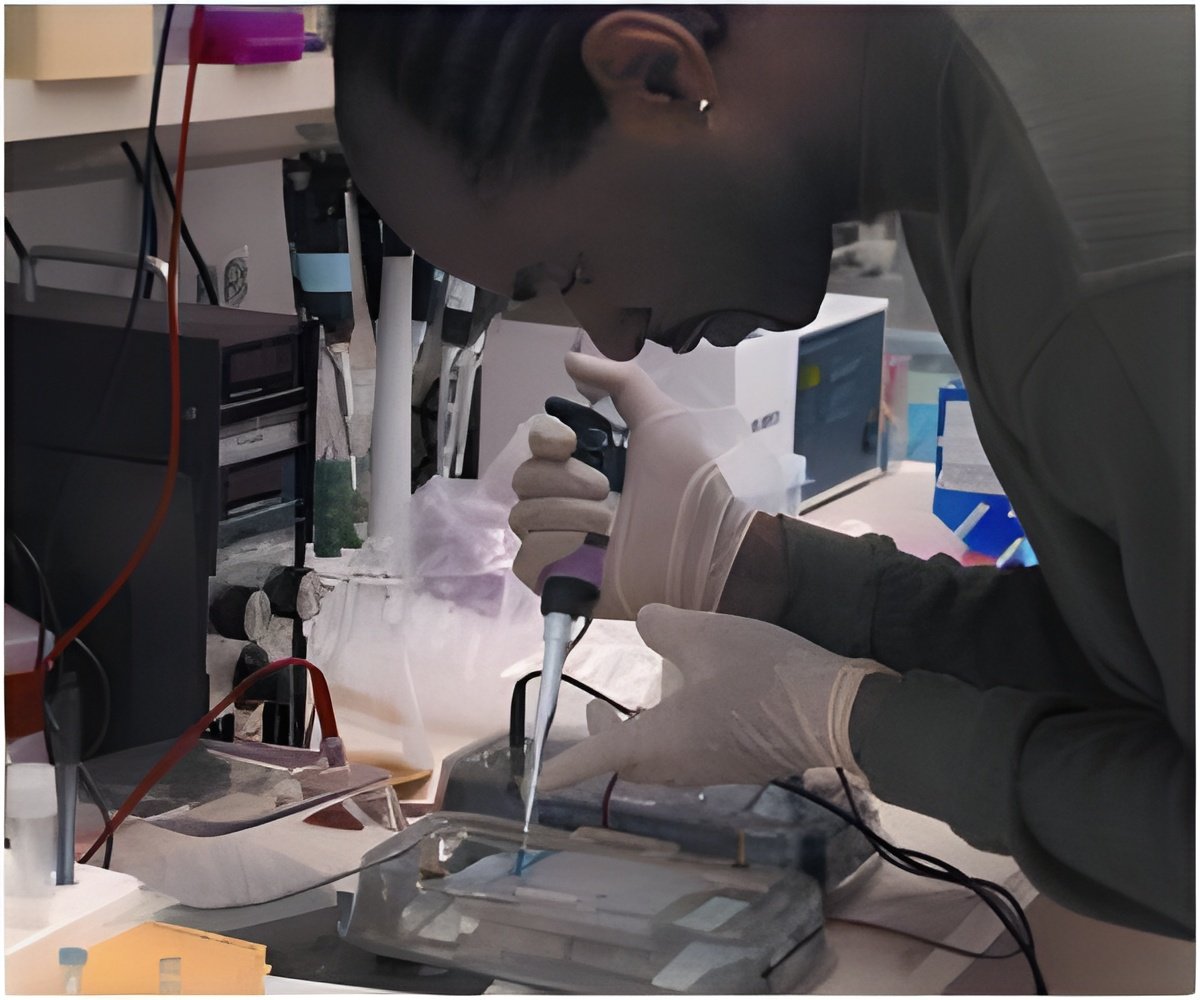
‘Signs of foot ulcers are not always obvious. Sometimes, you won’t even show symptoms of ulcers until the ulcer has become infected.’
Tweet it Now
Foot ulcers are open wounds and they affect around a quarter of the 3.3 million people in the UK living with diabetes. The wounds develop because diabetes damages the nerves and blood vessels in the feet. These wounds are chronic, slow to heal and prone to infection, and it is infection that normally leads to some of the severe consequences such as losing a limb or multiple amputations.
The research, led by Professor Andrea Nelson at the University of Leeds, set out to examine the outcomes for people with infected diabetic foot ulcers and the results underline the need for people at risk of foot ulcers to be closely monitored.
Not only do the ulcers cause disability, there are big financial implications for the NHS. The National Institute for Health and Care Excellence or NICE puts the annual cost for treating diabetic foot wounds at £650 million.
The University of Leeds is at the forefront of research into preventing and treating diabetic foot ulcers as well as skin wounds and pressure sores more generally, a problem that affects people with poor circulation, obesity or limited mobility - and one that is expected to grow as society gets older.
Advertisement
The researchers tracked 299 people who had attended a diabetic clinic with an infected foot ulcer, a big enough sample for it to be representative of the picture across the UK. The patients were followed up a year later.
Advertisement
Professor Nelson from the Faculty of Medicine and Health said: "Foot ulcers are a very nasty condition. They're painful and are debilitating. People with foot ulcers have limited mobility, and that brings with it a whole set of other risk factors - obesity and heart disease, for example.
"The key point is that people need to be seen quickly if an ulcer begins to form - that gives health workers the greatest chance of trying to treat the condition." Dr Michael Backhouse, a podiatrist and Senior Research Fellow at the University of Leeds, said: "The results of our study are important and should help clinicians caring for patients with diabetes to identify those most at risk for poor outcomes so that we can look to provide further support."
Source-Eurekalert















